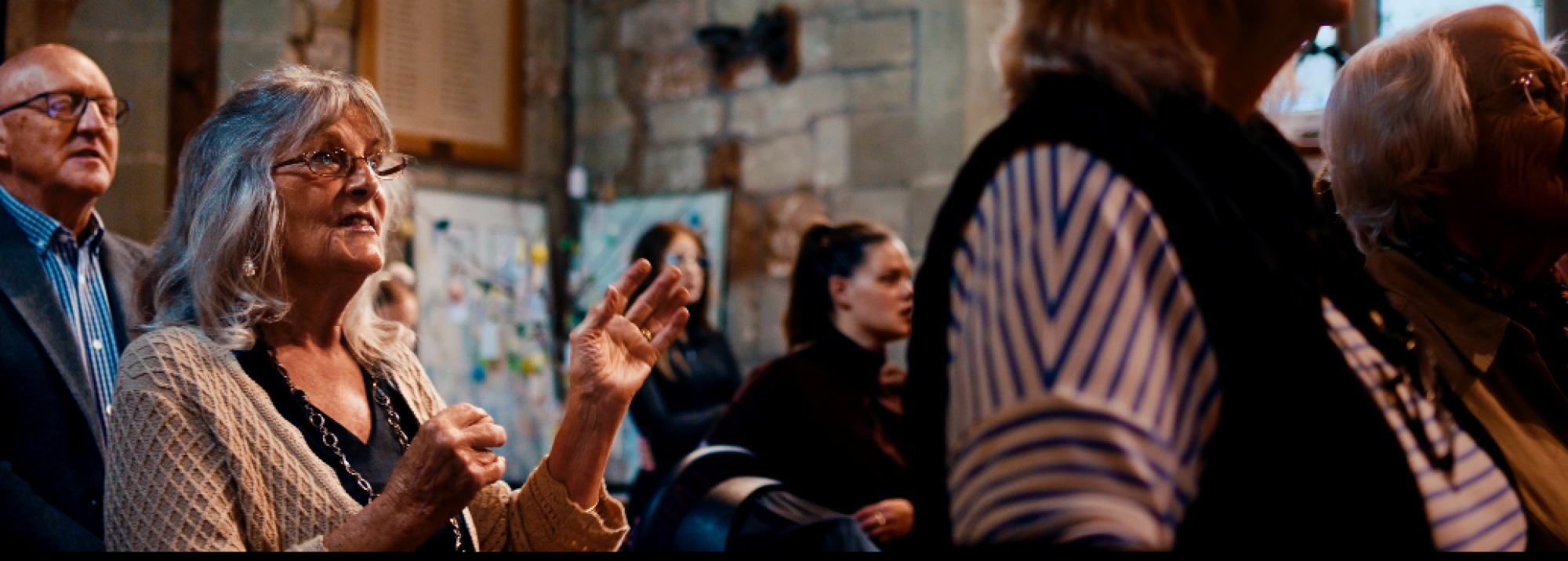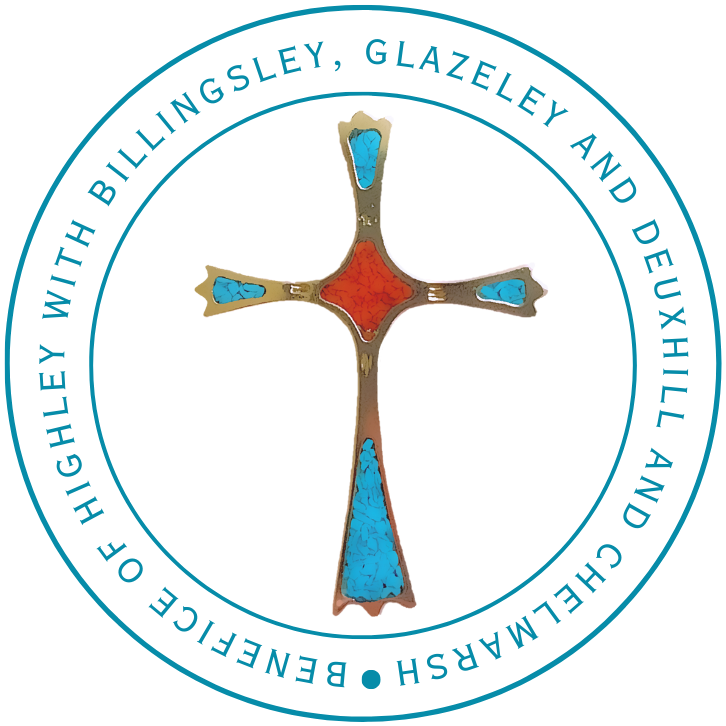I once forgot Mothering Sunday. It only happened once; I still carry the memory… Mum didn’t say a word to me about it; I only found out because a week or so after an uncle pointed out to me that she had noticed the omission. He suggested a suitable form of remediation; I can’t remember what it was but all I know is that it worked and Mum was delighted.
Mothering Sunday has a reputation amongst vicars as being a potentially difficult day for a service. It should be a celebration, but for some it is not. It can stir unhappy memories, it can reignite grief. I am fortunate that neither apply to me; I got on well with Mum when she was alive and now enjoy good memories. I gratefully accept any bouquet of flowers that I am given at Mothering Sunday services and tend them on her behalf. But perhaps the most important thing for me is that it reminds me what I learnt from the day I forgot it; the importance of attending to detail for the sake of others, the grace I was shown by Mum when I forgot. Thanks Mum!
Rev David Poyner

